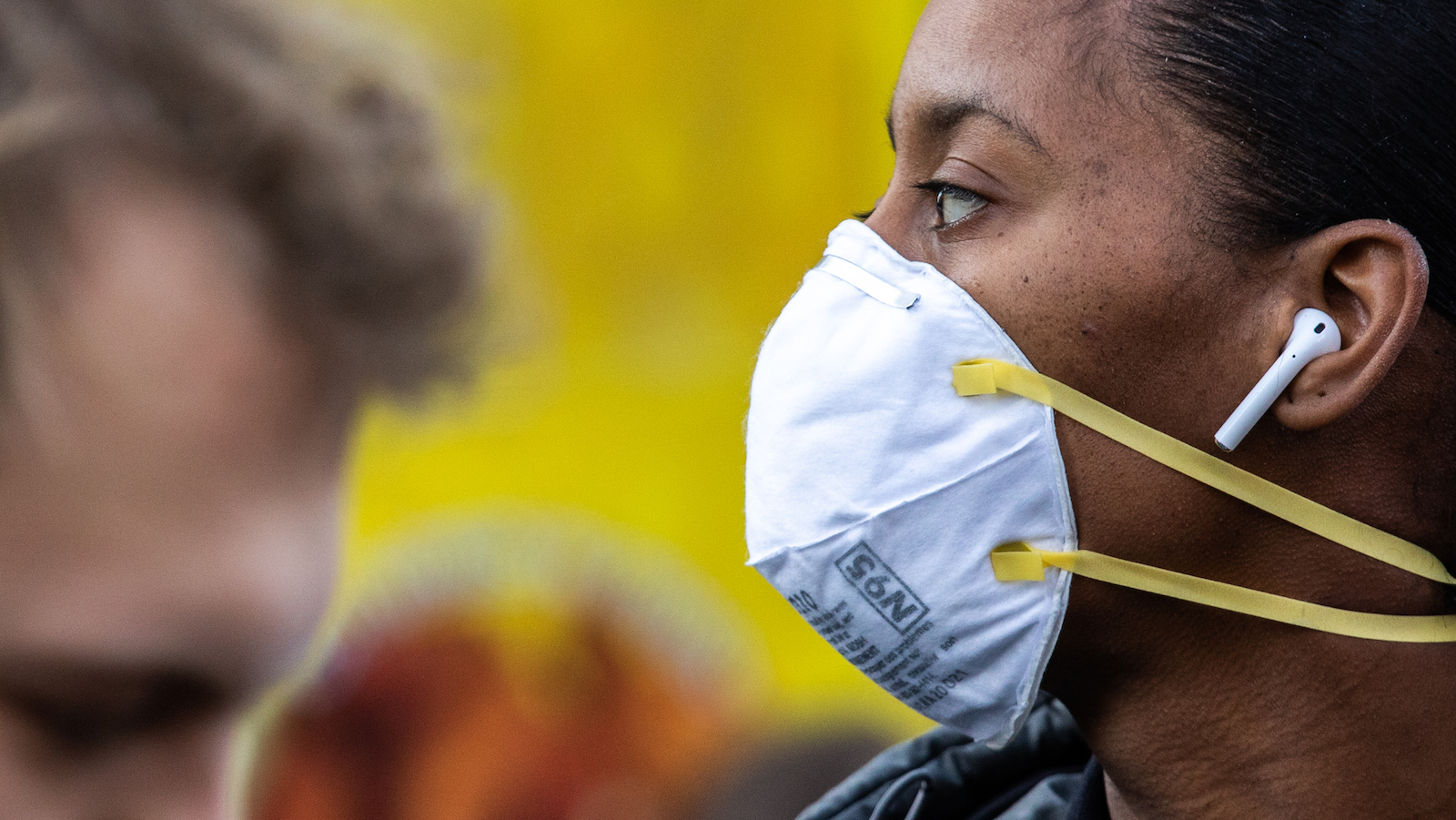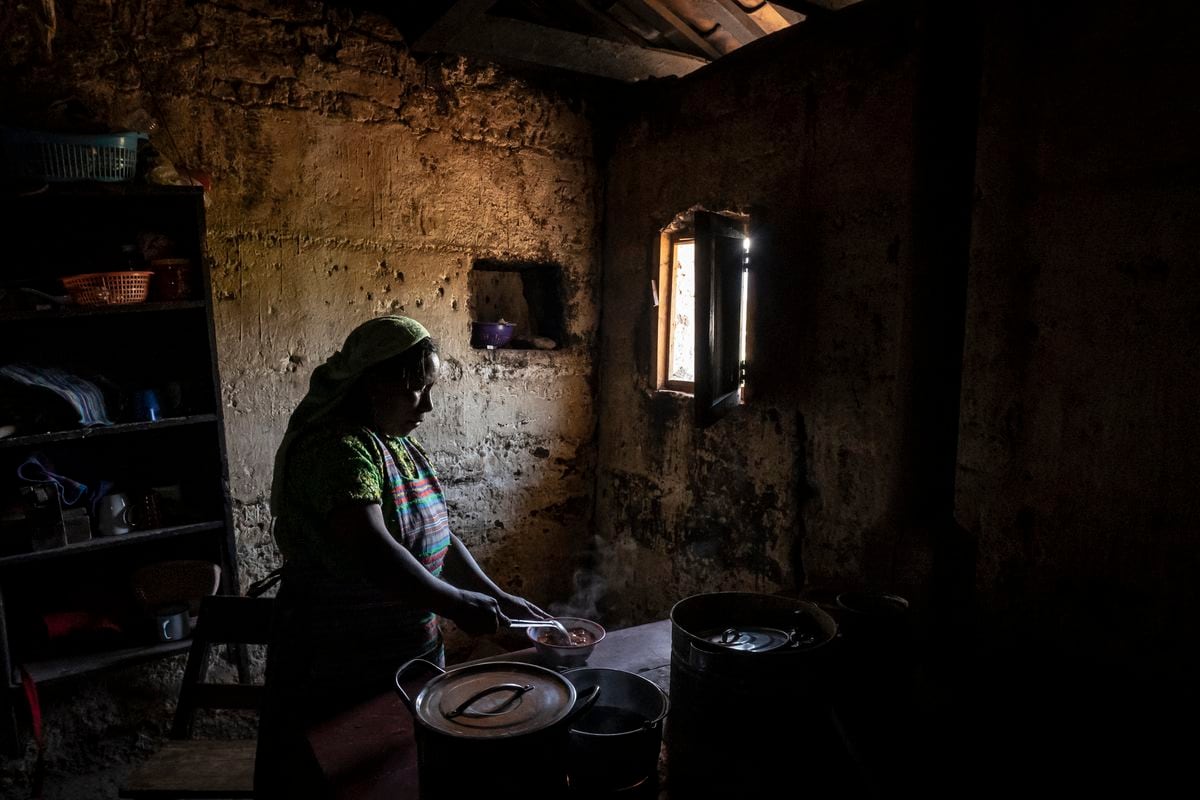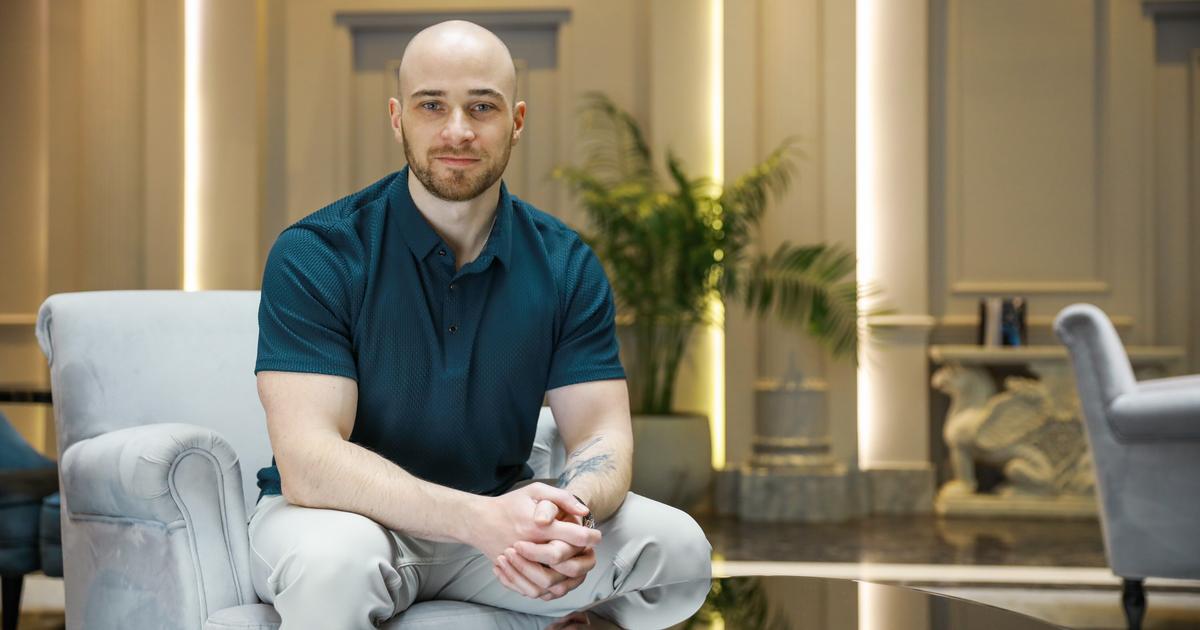Is there pandemic paranoia?
This is what the experts say 1:01
(CNN Spanish) -
The way in which human beings behave has an important weight in the advance of the pandemic.
Complying with measures such as using a mask, physical distancing and personal hygiene is vital to keep ourselves safe and reduce cases of coronavirus.
In this episode, Dr. Elmer Huerta analyzes this factor, human behavior, and how it affects the increase in or decrease in cases.
You can listen to this episode on Spotify or your favorite podcast platform or read the transcript below.
Hello, I am Dr. Elmer Huerta and this is your daily dose of information about the new coronavirus.
Information that we hope will be useful to take care of your health and that of your family.
advertising
The pandemic and human behavior
Today we will see how much influence human behavior has on the advance of the pandemic.
In its press conference on Tuesday, February 23, the World Health Organization (WHO) surprised the world by announcing that the numbers of new cases of covid-19 had decreased by 11% and deaths caused by the infection had also decreased by 20%, in a progressive and sustained manner for six consecutive weeks until February 21.
That news was undoubtedly greeted with joy by the public.
This downward trend in cases and deaths for six weeks in a row was undoubtedly very encouraging.
Among the reasons for this decrease, it was mentioned that by lowering the guard in prevention measures for the end of the year holidays, a high number of cases occurred in a short time, cases that then rapidly decreased at the end of the holidays.
It was also mentioned that it was possible that the number of infections so far in the world is being underestimated, so the virus could be having more difficulty in finding susceptible people.
Why did coronavirus cases increase again?
However, just a week later, at his press conference on March 1, the WHO director again surprised the scientific community, announcing that the numbers of new cases of covid-19 had started to rise again, ending the seven-week decline in a row, announced the previous week.
The increase occurred in America, Europe, Southeast Asia and the eastern Mediterranean.
Among the reasons for this increase, Dr. Tedros mentioned that the relaxation of preventive measures by governments, the presence of variants of SARS CoV2 and the fact that people have begun to lower their guard, not taking sufficient care, as some of the possible causes.
This increase in cases around the world coincides with the observation that the steady drop in new cases observed during the month of February in the United States has stabilized, with fears that it could be reversed and start a new wave of infections.
In this context, it is very important to analyze the weight of human behavior in the advance of the pandemic.
Pandemic fatigue and its influence on behavior
Knowing that, by far, the main route of transmission of the virus is from person to person through the aerosols that are emitted when talking, shouting or singing, there is no doubt that the main contributor of contagion is in human activities.
There is no doubt that the end of the year holidays, in which an exhausted population - a victim of what we described in the October 20 episode as pandemic fatigue - decided to break the rules of prevention, by promoting and attending social gatherings and family members, have contributed to millions of infections.
In this sense, a recent article, published in the Archives of Internal Medicine, brings to the fore another element that also has to do directly with human behavior and could make the pandemic extend for many more months: the phenomenon called compensation of the risk.
Risk compensation is the theory that says that individuals respond to the security measures imposed on them with a relaxation of those security measures.
What is the Peltzman effect?
Popularized by the American economist at the University of Chicago Sam Peltzman, the so-called “Peltzman effect” consists in that a person who is told, for example, to wear a helmet to ride a bicycle, engages in higher risk activities, because it knows that it is protected.
Similarly, when seat belts began to be used, many people began to drive less carefully because they felt they were protected.
Taken into the current context of the pandemic, the authors postulate that humanity could develop the phenomenon of risk compensation in relation to vaccines, because, like the previous examples, knowing that there is already protection with a vaccine, people it could relax prevention measures.
The authors mention that a person is more at risk of developing the risk compensation or Peltzman phenomenon when they know that the vaccine is real, since they see on television that there are already people who are receiving it, when they believe they have control over when you will get the vaccine and when you are motivated to receive it, and when you know that it is an effective vaccine, information that now fills the news around the world.
What can we do?
By having these four elements, the person lets his guard down and can be infected.
It is therefore important to reflect on what Dr. Tedros said at the meeting, that despite the fact that vaccines are already being applied in several countries around the world, the vaccine alone is not the only solution to the problem of the pandemic.
It is our obligation then to remind you that until the vaccine has been applied to you, you must not lower your guard and must do everything possible to avoid infection:
Use double mask,
Avoid crowds,
Do not organize or attend social gatherings with people who do not live in your home,
And keep hand and surface hygiene.
Let us not fall victim to the phenomenon of risk tolerance, our daily behavior is essential to stop the advance of the pandemic.
Do you have questions about the coronavirus?
Send me your questions on Twitter, we will try to answer them in our next episodes.
You can find me at @DrHuerta.
If you think this podcast is useful, help others find it by rating it on your favorite podcast app.
We'll be back tomorrow so be sure to subscribe to get the latest episode on your account.
And for the most up-to-date information, you can always head to CNNEspanol.com.
Thanks for your attention.
If you have any questions you can send them to Dr. Elmer Huerta through Twitter. You can also head over to CNNE.com/coronaviruspodcast for all episodes of our “Coronavirus: Reality vs. Reality” podcast. fiction".
coronavirusCovid-19Coronavirus vaccine




/cloudfront-eu-central-1.images.arcpublishing.com/prisa/BKFKZ33H7JCPZEHXBN7A7JPZHU.jpeg)



/cloudfront-eu-central-1.images.arcpublishing.com/prisa/MO5J5FK6YRBMRMP2S7CJTQ6WQE.jpg)






